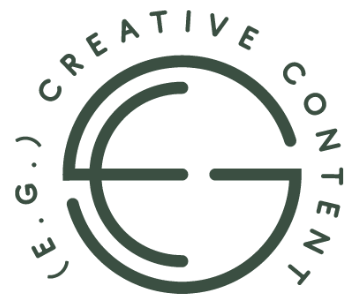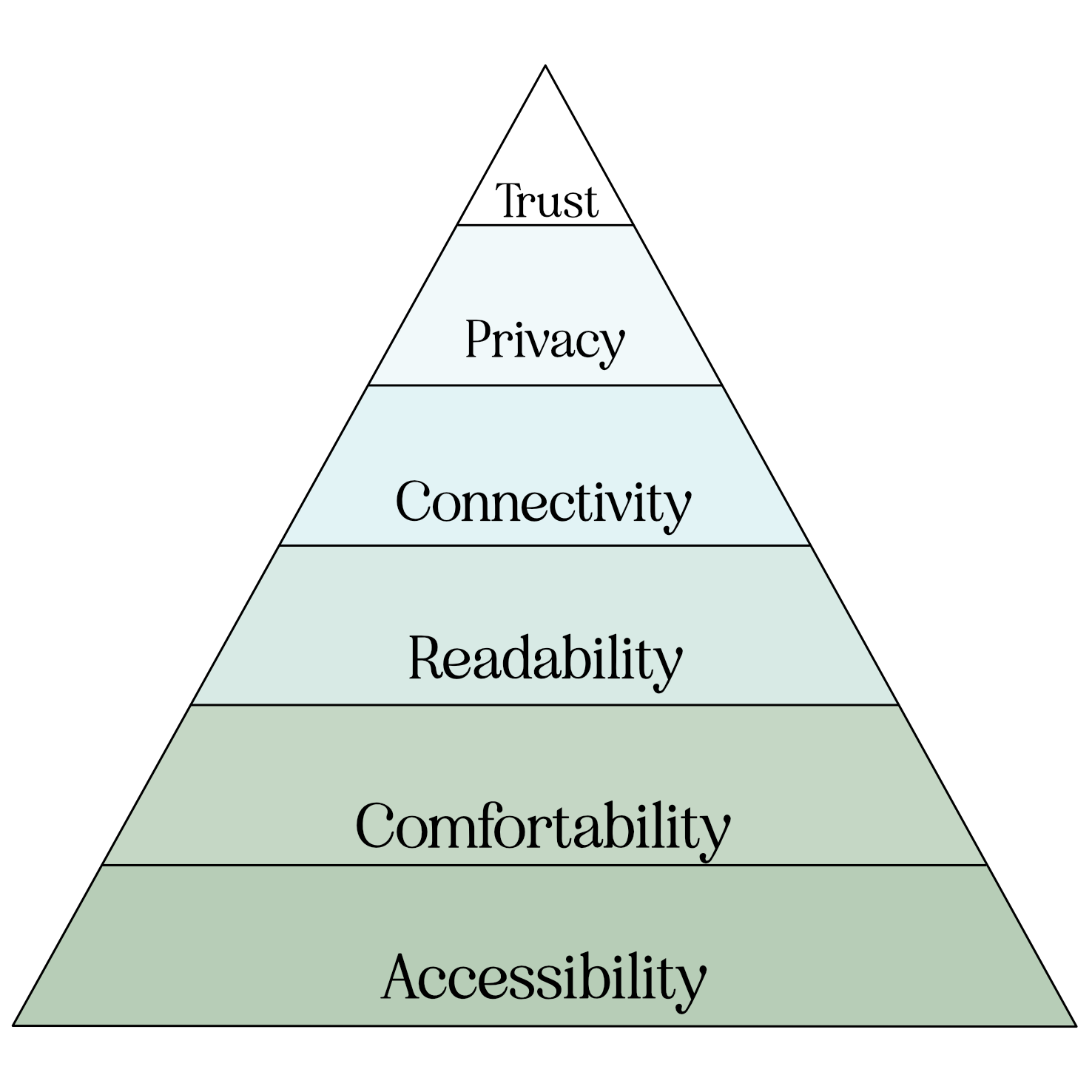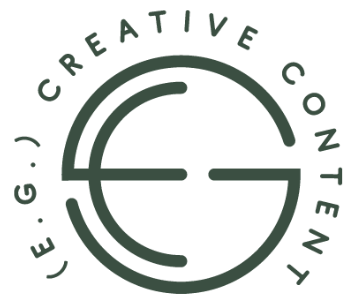Taking a Look at Google's New AI-Powered Search Engine
I recently sat down with Kevin Willett to discuss what Google's new AI search engine is all about—and what that might mean for your content marketing.
Introducing Google's new AI search feature
Kevin: Emily, I asked you to come on the show today because I want to learn something new today. Will you tell me a little bit about Google's AI search? Have to be honest, Emily, I don't even know what that is. Can you tell me why I care?
Emily: Absolutely. And you're not alone. A lot of folks haven't encountered this yet. I got access a few weeks ago, it's still rolling out. So you might not see it for a while. But what this is, it's the new iteration of what googling stuff is going to look like. I think the last time we talked, we talked about how sometimes when you Google things, you see a paragraph of information right at the top, we call that position zero. Going forward with this new AI search, sometimes that whole top section will be replaced by an interactive chatbot that you can converse with. And it will start giving you different results and links and pulling information off of web pages. So you might actually be able to get an answer without scrolling down the page and clicking on different links.
Kevin: Which is helpful, because sometimes I just want a fact. I don't want to go through someone's Wikipedia page. I just want to see "this happened in 1950". So make it a little more user interactive.
Emily: Yeah, it will make it a lot more user interactive. And that's a good example you brought up because it's really concise in those situations where there is a single answer, and it's like, boom, here's the date. Here you go, Kevin, have a good day, you get to go back to doing what you're doing, that will really speed quick research up for a lot of us. But where it gets more complicated, especially for business owners, is in what people are starting to call NORA searches. And that's an acronym, it stands for no one right answer.
And that's where a lot of service business owners fall, whether you own a software company, or you're a consultant, or you're a real estate agent, people come to you with questions, and you're going to give them your expertise, which might not be the same as if they asked same answers if they asked one of your competitors. So that's where you have to be really strategic with your marketing going forward to make sure that you're showing up as a source in the search results where people might be actually having a conversation with the AI.
How should business owners respond?
Kevin: So that leads us into the next question. Obviously, as a business owner, how do I have to respond to this to make sure I'm still showing up in results?
Emily: Right now looking at how it's functioning, the most important thing to do is make sure that you have content on your website, that's not just marketing content. So you've got your landing pages and your call to actions and your sign up here, schedule an appointment. But you really want to have some informational, borderline thought leadership content about what you do. And it should be written in a first person point of view, even if you're not the one writing, even if you're hiring someone to write, they should be writing in your voice. Because that kind of expert authorship will say I think I might have made that word up is going to be even more important going forward, because that's going to help the AI determine what it should show people. The AI is currently not picking and choosing results that are just like, hey, buy our product, do this sign up for meaning, but rather, it's picking webpages to show that are experts talking about the hows, the whys, the wares and the winds.
How often should I use this feature?
Kevin: So follow up question to that is, how much of this content do I need? Because I see like someone may do a once a quarter blog post containing information like that, is that enough?
Emily: So I would say if you have a really big website with a lot of content in it, right now, once a quarter might work for you. If your website is already big, it's already ranking? Well, if you've got a smaller website, maybe you haven't really had an easy time ranking. So far in search, you are going to want to be producing content on a more regular basis. I recommend people publish a blog post in this vein, once per week, if they really want to rank, which I know was a lot. But there are ways that you can develop a strategy and I help people with this develop a strategy that makes the content naturally link together. So you're not reinventing the wheel each time you sit down to write a blog post, it's building on top of what you created last week. And that can make it a little easier.
Kevin: That makes sense now, but not to turn this into a sales pitch for you. But this is why you need an SEO person. Because we were joking before the show about all the things that we used to do back in the day. But something like this. It's kind of changed the SEO game. So you need someone who understands this. This isn't probably something I can just google and figure out myself.
Emily: Yeah, that's a really good point because Google's actually not publishing a lot of information right now on how this works, we're getting to understand how it works by people like myself whose job is to sit down and play with this and figure it out. So, with my strategy clients, I work with them to develop a six month content plan that they can use, either themselves or with someone on their team to create content that's going to perform well in search. But then when my clients are up doing their day jobs, I'm over here continuing to learn and research so that when it comes time to refresh that plan, I'm already up to speed on what all the new changes are going to be like, and how we need to tweak that strategy going forward. Because what worked this month might not work six months from now.
Kevin: More importantly, though, you've met people like "well, I'm on page one!", and they're all proud, which I would be too. But now this may change those rankings, though I may lose my page one if I'm not making these adjustments, right?
Emily: Yeah, that's correct. It is something to be proud of being on page one. And that's awesome. What's happening with these adjustments is you might lose your page one rank, but also, you might remain on page one, but your visibility gets pushed down. Because now the top of the search engine window, there's this chat bot. And so what you want to do is be writing content that the chatbot likes, and will be presenting in the conversation as a resource.




